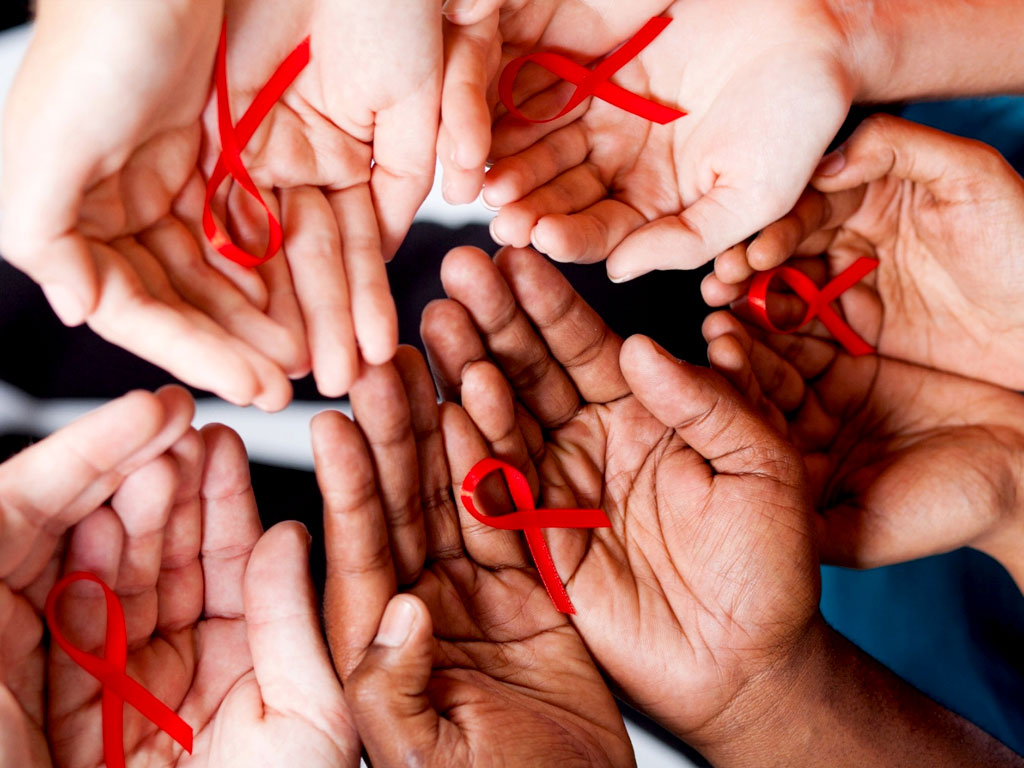The HIV challenge

Fear and anger pervade rural areas in and around Larkana where the spread of HIV/AIDS has assumed epidemic proportions. In an appalling incident on Wednesday, a man in Gharo Rind village strangled his HIV positive wife to death and hanged her body on a tree outside his home, accusing her of having contracted the virus in an extra-marital affair. Since the outbreak was first reported in the last week of April, a major screening programme has been under way. In Ratodero alone, 707 persons have been diagnosed with HIV positive, 580 of them children. Such a high incidence of the virus among children is believed to have been caused by an HIV positive paediatrician using tinted syringes either due to negligence or malicious intent.
A few days ago, in his first formal response to the bad news emanating from the Larkana district, PPP Chairman Bilawal Bhutto Zardari visited a blood screening centre in Ratodero. There, he announced setting up of an endowment fund to ensure free and lifelong treatment of people with HIV/ AIDS in Sindh. An anti-retroviral treatment clinic for children has been set up in Larkana. That is all very well, but unlike some other issues confronting the provincial government this one allows no room for complacency. All concerned must ensure those infected would have easy access to antiretroviral medicines, also creating awareness about the causes of the infection. It is a huge challenge that must not be viewed through the prism of partisan politics.
The PPP chairman may have had reason to term 'controversial' a federal minister's statement on HIV/AIDS among children in Sindh. It is good to note, however, that the special assistant to the prime minister on health, Dr Zafar Mirza, has refrained from playing any blame game. He has not pretended to have all the answers, either, approaching instead the World Health Organization (WHO) with a request for a team of experts to visit the areas frequently reporting HIV cases. For the first time a WHO team of experts from different fields such an epidemiology, emergency response management HIV/AIDS clinical care, infection prevention and control has been in Pakistan to investigate HIV incidence in this region. Its task is to ascertain the source of the outbreak and curb it, provide technical expertise regarding HIV testing, paediatric HIV treatment and family counselling; and ensuring adequate supplies of rapid diagnostic tests and antiretroviral medicines both adults and children. That should also help better deal with the disease spreading at an alarming rate in other parts of the country as well, especially among intravenous drug users and sex workers. Distressingly, according to a UN report, Pakistan currently has the second fastest growing HIV rate across Asia.





















Comments
Comments are closed.